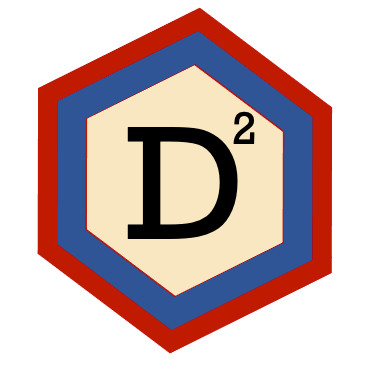Aim of the System
Without an Aim, Optimizing is Impossible
What is a system? A system is a network of interdependent components that work together to try to accomplish the aim of the system.
A system must have an aim. Without an aim, there is no system. The aim of the system must be clear to everyone in the system. The aim must include plans for the future. The aim is a value judgment. (We are of course talking about a man-made system.)
- W.E. Deming, The New Economics
The aim proposed here for any organization is for everybody to gain - stock-holders, employees, suppliers, customers, community, the environment - over the long term…
Optimization means accomplishment of the aim: everybody gains. Failure to optimize, suboptimization, causes loss to everybody in the system.
For optimization a system must be managed. Management’s responsibility is to strive toward optimization of the system, and keep it optimized over time.
- W.E. Deming, from a paper delivered at a meeting of The Institute of Management Sciences, Osaka, Japan, July 24, 1989.
An example of a system, well-optimized, is a good orchestra. The players are not there to play solos as prima donnas, each one trying to catch the ear of the listener. They are there to support each other. Individually, they need not be the best players in the country…
The obligation of any component is to contribute its best to the system, not to maximize its own production, profit, sales, nor any other competitive measure. Some components take a loss to themselves in order to optimize the whole system, including the components that take a loss.
- W.E. Deming, The New Economics
Previously, we’ve learned about how much influence systems have on the capabilities of the people working within them, and how susceptible they are to well-intended management interventions (read: tampering) without the aid of good theory and knowledge. Indeed, one of the four, and I think most vital, constituent elements of Deming’s System of Profound Knowledge (read: theory) is the premise of appreciation of a system in the work of management.
For today, I want you to think about your organization as a system in light of Deming’s words above and reflect on some questions.
What is the aim of your organization? Your department? How well does it align to Dr. Deming’s proposed aim?
Using the scale below, assess the level of interdependence between people, teams, and departments in your organization.
In consideration of Dr. Deming’s thoughts on the obligations of a component in a system, assess how your organization’s components are currently managed using the scale below.
How well-optimized is your organization’s system? Consider any gaps between the results of questions 2 and 3. What could be done to remediate them?
Extra Credit:
Watch this short below where Dr. Deming has a discussion with a contemporary, Dr. Russell Ackoff, about the theory of a system in education and consider the following questions:
What is the characteristic way that management is taught in the Western world, according to Dr. Ackoff? Does his observation still apply? Why or why not?
According to Dr. Ackoff, what understanding is the main contribution to systemic thinking? Why is this important?
Given Dr. Ackoff’s and Dr. Deming’s thoughts and observations, along with those of David Langford, how would you characterize the aim of our present system of education? How well are we preparing students to understand and lead systems?




